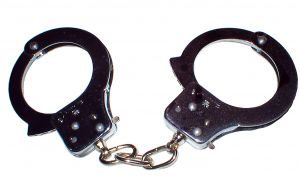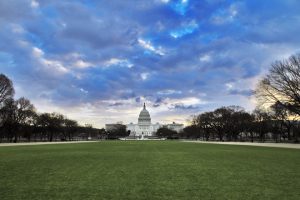Influx of Indoor Marijuana Grows Increases California’s Power Needs
Since recreational marijuana was legalized in California as of November 9, 2016, residents and government regulators have experienced many unintended consequences of the regulatory sea change. Perhaps one of the most bizarre outcomes is changing an increased power needs for those areas of California which house indoor grow houses.
This is not unlike the British phenomenon of “TV pickup”. There, utility administrators must respond to predictable surges in electricity use. Geek.com reports that these surges are a well-documented correlate of the widespread use of electric tea kettles immediately after popular TV programs end. The British National Grid allots an electricity reserve to manage these surges, and can even access reserves in France when needed. If there is a lesson to be learnt from British utility services, it is that careful planning around reliable data can be used to prevent interruptions in service and other problems as a result of increased electricity demand. Continue reading
 Cannabis Law Group's Medical Marijuana Legal Blog
Cannabis Law Group's Medical Marijuana Legal Blog








 There is a good chance they will still be able to get it from the same dispensaries they have been going to because of the fact that colocation will be legal in most places. This means that the same dispensaries that are already in existence will be able to also sell marijuana for recreational use.
There is a good chance they will still be able to get it from the same dispensaries they have been going to because of the fact that colocation will be legal in most places. This means that the same dispensaries that are already in existence will be able to also sell marijuana for recreational use.  The new regulations will cover various aspects of the recreational sale of marijuana. This includes recreational use marijuana cultivators, distributors, manufacturers, testing centers, and other parts of the marijuana business.
The new regulations will cover various aspects of the recreational sale of marijuana. This includes recreational use marijuana cultivators, distributors, manufacturers, testing centers, and other parts of the marijuana business.  While it may seem strange to have a marijuana vending machine, there are various reasons why this may be helpful to many consumers. The first, as discussed by the company spokesperson, is that it will allow a person to get medical marijuana without having to run into someone from school, work, or church, for example.
While it may seem strange to have a marijuana vending machine, there are various reasons why this may be helpful to many consumers. The first, as discussed by the company spokesperson, is that it will allow a person to get medical marijuana without having to run into someone from school, work, or church, for example. 

